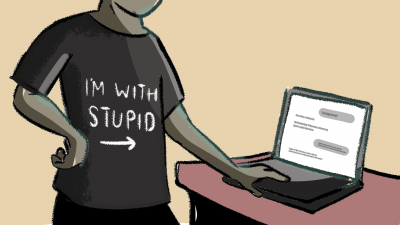New research from Aalto University reveals alarming insights into how users interact with AI, particularly ChatGPT. The study, released on October 28, 2025, shows that individuals significantly overestimate their cognitive performance when using AI tools, challenging established psychological theories like the Dunning-Kruger Effect.
Researchers found that this overconfidence spans all user demographics, indicating a widespread inability to accurately assess one’s own performance. The findings reveal a unique twist: users who perceive themselves as more AI literate tend to believe their capabilities exceed reality—a reversal of the traditional Dunning-Kruger Effect.
This development raises urgent questions about how AI tools could shape our understanding of our abilities. As reliance on AI platforms such as ChatGPT grows, the potential for inflated self-assessment poses risks for industries increasingly dependent on human-AI collaboration.
“Our findings suggest that the cognitive effects of AI are more profound than previously understood,” said the lead researcher from Aalto University. The study underscores an essential need for users to develop a critical eye regarding their interactions with AI.
The implications of this overestimation are significant. In workplaces, inflated self-assessments could hinder productivity and decision-making processes. As AI becomes integral to various sectors, understanding its impact on human cognition is imperative.
As this study spreads through academic and professional circles, experts urge immediate attention to its findings. Educators and employers must implement strategies to recalibrate how individuals assess their skills in an AI-augmented environment.
The urgency of addressing these cognitive misjudgments cannot be overstated. Organizations are encouraged to foster a culture of continuous learning and self-awareness to prevent the pitfalls of overconfidence when utilizing advanced technologies.
Stay tuned for more updates as researchers continue to explore the complex relationship between AI usage and human cognitive performance. This study is a wake-up call for users everywhere to reevaluate their understanding of their own skills in an age dominated by artificial intelligence.







